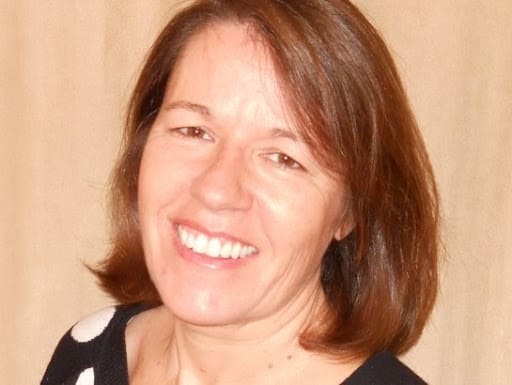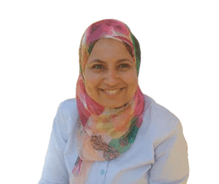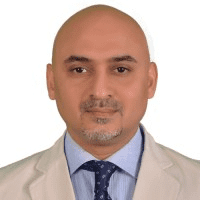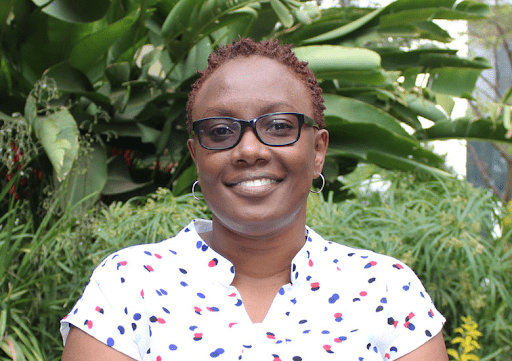World Refugee Day: Building Resilient and Inclusive Health Systems
June 21st, 2021 | viewpoint
Today is World Refugee Day, designated by the United Nations to recognize refugees wherever they may be. According to UNHCR, there are more than 26 million refugees and 45.7 million internally displaced people around the world—the highest number ever recorded. These men, women, and children often lack access to basic and fundamental rights including health care.
World Refugee Day 2021 focuses on the power of inclusion. For more than 30 years, JSI has worked #together with refugee populations to build and strengthen resilient and inclusive health systems that offer the health services and supplies they need and deserve.
Today and every day, JSI celebrates the strength and resilience of people who have been forced to flee their homes to escape conflict and persecution. In honor of them and to mark World Refugee Day, we asked a few JSI colleagues what it means to work with refugee populations to ensure access to essential health supplies. Here’s what they said:
 “The opportunity to contribute to UNFPA’s work at Cox’s Bazar for the Rohingya refugee crises was the most rewarding work in my career. Strengthening supply chains and ensuring adequate sexual and reproductive health supplies in humanitarian settings is crucial as refugees transition to more stable conditions.”
“The opportunity to contribute to UNFPA’s work at Cox’s Bazar for the Rohingya refugee crises was the most rewarding work in my career. Strengthening supply chains and ensuring adequate sexual and reproductive health supplies in humanitarian settings is crucial as refugees transition to more stable conditions.”
Learn more about our work forecasting, quantification, and supply planning methodology for Cox Bazar,
 “Among the refugees and IDPs in the DRC, many young children are acutely malnourished and require access to nutrition services. Local actors and aid agencies seeking to include them in acute malnutrition treatment require a supply chain for ready to use therapeutic and supplemental foods that is reliable and responsive to frequent population movements. Through USAID Advancing Nutrition, JSI is examining local level strategies to ensure vulnerable children get treatment within a comprehensive continuum of care, despite the challenging infrastructure and environment.”
“Among the refugees and IDPs in the DRC, many young children are acutely malnourished and require access to nutrition services. Local actors and aid agencies seeking to include them in acute malnutrition treatment require a supply chain for ready to use therapeutic and supplemental foods that is reliable and responsive to frequent population movements. Through USAID Advancing Nutrition, JSI is examining local level strategies to ensure vulnerable children get treatment within a comprehensive continuum of care, despite the challenging infrastructure and environment.”
Learn more about USAID Advancing Nutrition’s work in humanitarian contexts.
 “Building capacity to improve commodity management in humanitarian and disaster settings and providing guidance on best practices will improve the availability of these commodities when affected populations need them the most.”
“Building capacity to improve commodity management in humanitarian and disaster settings and providing guidance on best practices will improve the availability of these commodities when affected populations need them the most.”
Learn more about our USAID Yemen SHARP project.
 “World Refugee Day is an occasion to highlight to the world that we cannot accept the status quo of refugees across the globe. Access to health care is a human right, and yet it remains a challenge to ensure refugees have the health supplies they need, want, and deserve so they can move toward a healthier life.”
“World Refugee Day is an occasion to highlight to the world that we cannot accept the status quo of refugees across the globe. Access to health care is a human right, and yet it remains a challenge to ensure refugees have the health supplies they need, want, and deserve so they can move toward a healthier life.”
We are proud to work with UNICEF and HELP Logistics to assess and enhance the electronic management logistics system in Palestine.
 “The less we understand, the less likely it is that we will design interventions that refugees want, and importantly, are willing to use. Refugees have a wealth of knowledge to tap into for humanitarian public health supply chain problem-solving. Putting the refugees at the center of the design process is critical for humanitarian public health supply chains.”
“The less we understand, the less likely it is that we will design interventions that refugees want, and importantly, are willing to use. Refugees have a wealth of knowledge to tap into for humanitarian public health supply chain problem-solving. Putting the refugees at the center of the design process is critical for humanitarian public health supply chains.”
We strive to build lasting relationships to produce better health outcomes for all.